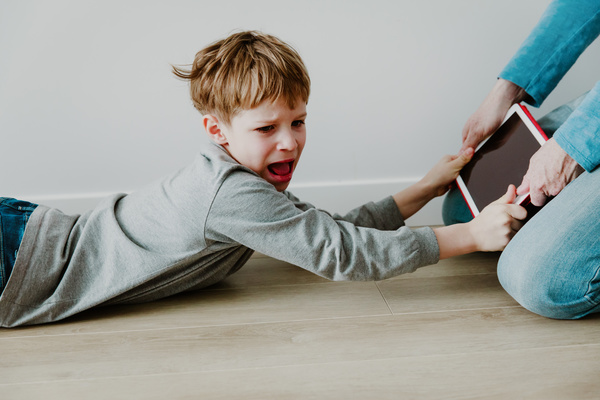Overview: Whether or not “internet addiction” exists is a subject of intense debate among academics. All sides of that debate, however, agree that excessive internet use can be a symptom of other mental health concerns, including anxiety and depression.
Is “Internet Addiction” Real?
The problem with the term “addiction” is that it conflates issues such as chemical dependence with mental health terms that are more difficult to quantify. While there is evidence that the internet can offer some stimulation of brain chemistry, that’s different from how substances can manipulate that chemistry.
Even with substance abuse, however, there’s a strong mental component. A set of habits and behaviors are formed that guide day-to-day life, which is why people in recovery often break contact with friends, move to new cities, and change jobs. By altering their daily lives, they break the mental component of the addiction.
Chemical vs. Social Addiction
This is where we get into “addiction” in the social sense, where someone can do something to the detriment of their health and lives but which doesn’t have a chemical component. However, that treads into a grey area; if somebody exercises all day, rather than go to work, drop their children off at school, or go to the doctor, is working out really the only problem here? Or, if you take away the weights and the cardio machines, will they just start doing something else to an unhealthy degree?

The Connection of Anxiety and Depression to Excessive Internet Use
People compulsively use things, whether they’re exercising or surfing the internet, because it solves a problem for them. In some cases, this is a good thing. For example, people with social anxiety often first develop their friendships online, moving slowly into the real world at their pace. And people with all forms of mental health concerns can find a wealth of resources online — in private — to seek help.
In other cases, it can reinforce mental health problems. People can take their rage out on others through cyberbullying or trolling. They can seek reinforcement for unhealthy behaviors like avoidance by finding communities that tell them what they want to hear. Or they can simply engage in avoidance, which can manifest in endlessly scrolling.
Kids Find What They’re Looking For
Adding to the problem, often what you draw from the internet is what you bring to it. People who are already anxious or depressed can filter what they see through their mental health concerns, so an Instagram scroll can become a tour of all the things they don’t have, or a Facebook wall can reinforce fears about school or social groups.
The key is to find the underlying problem that’s causing the behavior. This can be difficult, and kids may not want to open up to parents, specifically. For example, if your child is struggling in school and afraid to tell you, they might spend hours on the internet trying to keep up. It’s best to engage peers or mental health professionals to help you assess the problem.
How Screen Time Can Help
Parental control software can help kids maintain a healthy relationship with the internet. To see how Screen Time can help protect kids’ mental health, try it for free!


Join the conversation